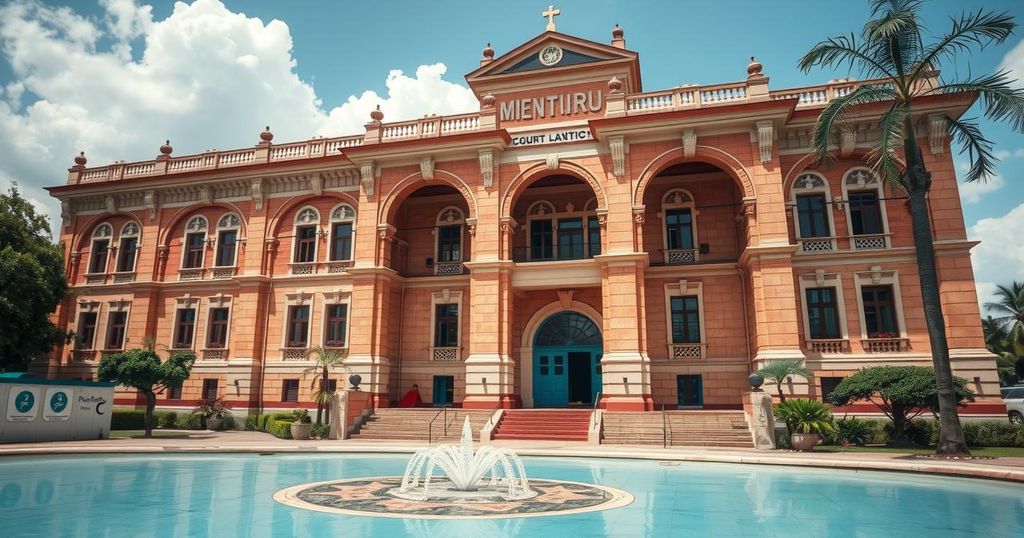Mozambique’s Constitutional Council confirmed Frelimo’s election win, citing Daniel Chapo secured 65% of the vote. The ruling led to protests amid allegations of electoral fraud, resulting in 130 fatalities in clashes with police. The unrest threatens economic stability and escalates scrutiny on Frelimo’s long-held government.
On Monday, Mozambique’s Constitutional Council upheld the ruling party Frelimo’s election victory from the October polls, amidst intense allegations of election fraud spearheaded by opposition factions. The ruling affirmed Frelimo’s Daniel Chapo as president-elect, reporting he secured approximately 65% of the vote—significantly lower than the 70% cited by the electoral commission. Protests erupted immediately, particularly in the northern city of Nacala-Porto, as citizens expressed their dissent against accusations of voter manipulation and suppression of democratic processes. The unrest has already had detrimental effects on national stability, resulting in casualties and disruptions reaching as far as international businesses and border crossings.
Widespread allegations of electoral misconduct have haunted Frelimo since its first elections in 1994. Observers noted that this election was marked by a lack of fairness, leading to the highest levels of civil discontent in Mozambique’s history, with at least 130 people reported dead in clashes with law enforcement. The Constitutional Council’s decision is anticipated to incite further protests across the country, as current governmental responses continue to be scrutinized. Opposition parties, including that of Venancio Mondlane, continue to contest the integrity of the results, asserting that the legitimate will of the populace has been disregarded.
Mozambique has been experiencing significant unrest amidst these political developments. The country, with a population nearing 35 million, has been governed by Frelimo since it gained independence in 1975. The unrest not only complicates internal affairs but has prompted concerns among foreign entities, such as the Australian firm South32, affecting their operations. Additionally, the International Monetary Fund has predicted a decrease in economic growth for 2024 due to ongoing instability and the impacts of natural disasters in the region. Amidst these challenges, President-elect Chapo has pledged to prioritize the welfare of Mozambicans.
The political landscape in Mozambique has been increasingly tumultuous, particularly after the recent electoral process marked by accusations of widespread fraud and suppression of opposition voices. Frelimo’s longstanding rule since 1975 has come under challenge as opposition parties claim systemic manipulation in electoral processes, impacting the efficacy of democracy. The country faces a severe humanitarian and economic crisis exacerbated by recent civil unrest and natural disasters, drawing international concern and scrutiny.
In summary, the confirmation of Frelimo’s election victory has sparked significant dissent and protests across Mozambique, highlighting deep-seated grievances regarding electoral integrity and governmental accountability. The rising unrest poses substantial challenges to Mozambique’s political stability, with severe implications for its economic prospects as international entities withdraw or curtail operations. The situation remains dynamic, with continued opposition from civil society expected as the new government takes its place.
Original Source: www.cnn.com






